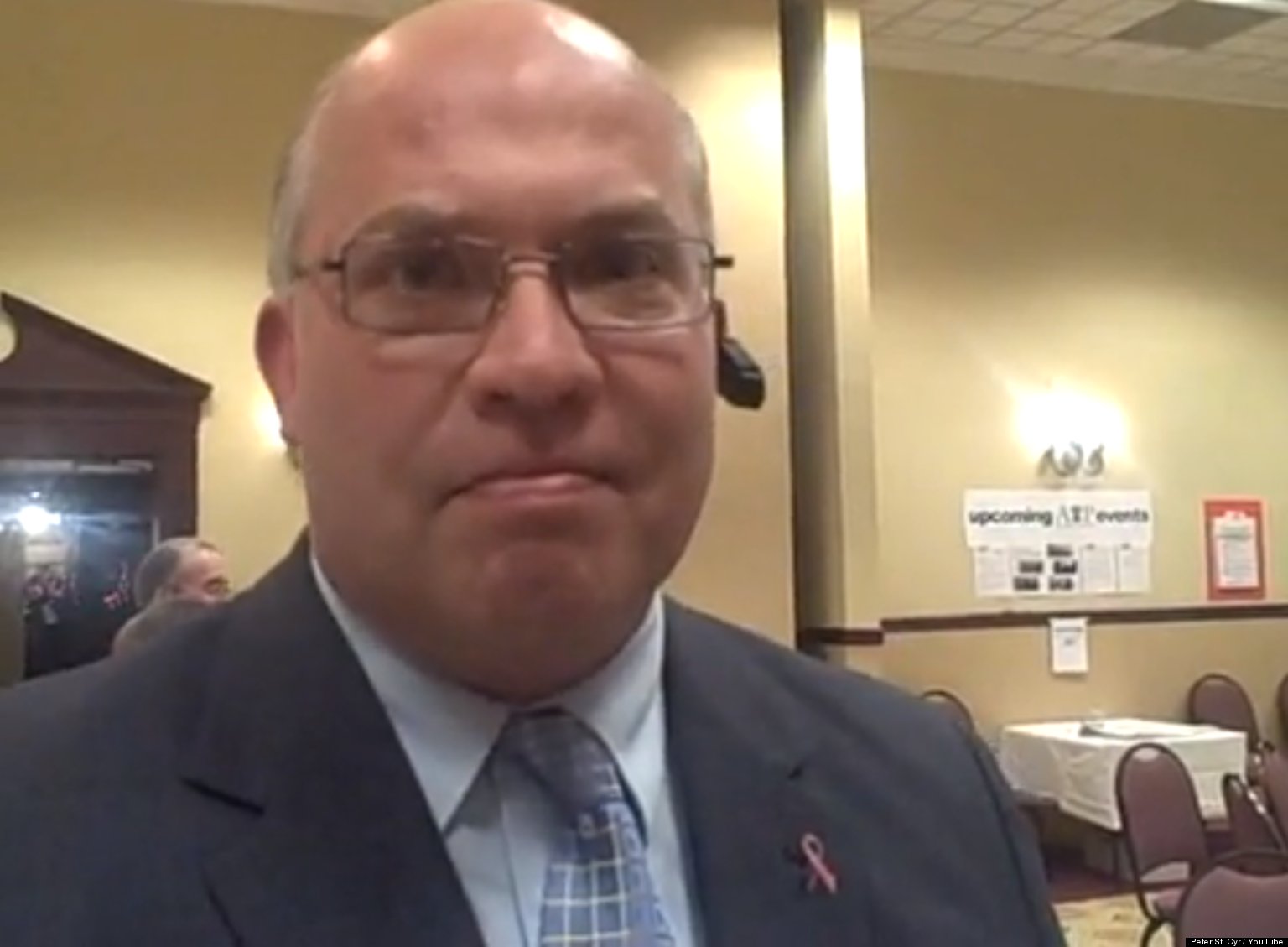How Climate Change Could Affect Your Mortgage Application And Credit Rating

Table of Contents
Increased Property Risk Assessment and Appraisal Values
Climate change is fundamentally altering property risk assessments and impacting home values. Lenders are increasingly factoring climate-related hazards into their evaluations, potentially affecting your ability to secure a mortgage or refinance your home.
Flood Zones and Coastal Erosion
Rising sea levels and intensified storms are dramatically increasing flood risks in coastal and low-lying areas. This translates to lower property values and significant challenges in obtaining mortgages.
- Regions at risk: Coastal communities across the US, particularly in Florida, Louisiana, and along the Atlantic seaboard, face heightened flood risks. Low-lying areas near major rivers are also increasingly vulnerable.
- Insurance costs: Homeowners insurance premiums in high-risk flood zones are skyrocketing, often becoming unaffordable. In some cases, insurance is completely unavailable.
- Mortgage difficulties: Securing a mortgage in a high-risk flood zone is becoming increasingly difficult, as lenders demand higher down payments or refuse loans altogether. FEMA flood maps are crucial documents lenders use to assess risk.
Wildfire Risk and Property Damage
The frequency and intensity of wildfires are escalating due to drought conditions, deforestation, and climate change. This poses significant threats to property values and insurability.
- Drought and deforestation: Prolonged droughts and inadequate forest management create tinderbox conditions, fueling larger and more destructive wildfires.
- Insurance implications: Homeowners in high-risk wildfire zones face soaring insurance premiums or complete denial of coverage, impacting mortgage eligibility.
- Mortgage challenges: Securing a mortgage or refinancing in areas prone to wildfires can be exceptionally difficult due to the elevated risk.
Changing Appraisal Practices
Appraisers are adapting their methods to incorporate climate risk assessments into their valuations. This means a more thorough evaluation of your property's vulnerability to climate-related hazards.
- Climate risk models: Lenders are increasingly utilizing sophisticated climate risk models to predict future hazards and assess property vulnerability.
- Increased scrutiny: Appraisals are now more likely to scrutinize factors like proximity to floodplains, wildfire risk zones, and the property's structural resilience to extreme weather.
- Lower appraisals: Properties located in high-risk areas may receive significantly lower appraisals, reducing the amount a lender will loan and potentially impacting your ability to secure financing.
Rising Insurance Premiums and Difficulty Securing Coverage
Climate change-related damages directly translate into higher homeowner's insurance premiums and increased difficulty securing adequate coverage. This has profound implications for obtaining a mortgage.
Increased Costs for Homeowners Insurance
The escalating frequency and severity of extreme weather events are driving up insurance costs dramatically.
- Hurricane, wildfire, and flood impact: Hurricanes, wildfires, and floods are the leading causes of increased insurance premiums, as insurers grapple with substantial payouts.
- Affordability issues: Rising insurance costs are making homeownership increasingly unaffordable, particularly for those in high-risk areas.
- Insurance denial: In some high-risk areas, insurers are refusing to provide coverage altogether, creating insurmountable obstacles to homeownership.
Impact on Mortgage Approval
Lenders require adequate homeowners insurance as a condition of mortgage approval. The inability to secure affordable insurance can directly impact your ability to obtain a mortgage.
- Lender requirements: Most lenders mandate proof of insurance as a prerequisite for loan approval.
- Mortgage denial: If you cannot secure adequate insurance due to high risk, your mortgage application is likely to be denied.
- Financial strain: The combination of mortgage payments and unaffordable insurance premiums can lead to significant financial strain and potential default.
Potential Impact on Your Credit Rating
Climate-related events can cause significant financial hardship, increasing the risk of foreclosure and negatively impacting your credit rating.
Foreclosure and Delinquency Risk
Extreme weather events can result in property damage, leading to financial difficulties and potential mortgage delinquency.
- Financial strain: Repair costs following extreme weather events can be substantial, straining household budgets and leading to missed mortgage payments.
- Credit score impact: Mortgage delinquency significantly damages your credit score, affecting your ability to secure future loans or even rent an apartment.
- Long-term consequences: A damaged credit score can have long-lasting negative consequences on your financial health.
Difficulty Re-financing
If your property's value has decreased due to climate-related risks, refinancing your mortgage may become significantly more challenging.
- Lower appraisals: Lower property valuations due to climate-related risks directly impact your ability to refinance.
- Refinancing challenges: Lenders may be unwilling to provide a loan based on a lower appraisal, limiting your options for refinancing.
- Credit score implications: The inability to refinance can create financial strain, potentially leading to delinquency and further credit damage.
Conclusion
Understanding the impact of climate change on your mortgage and credit rating is crucial for protecting your financial future. Climate-related risks, from increased property assessments to higher insurance premiums and potential foreclosure, can significantly impact your financial stability. Proactively assess your climate risk, review your insurance coverage, and consult with financial advisors to mitigate potential impacts on your mortgage and credit score. Take steps today to understand and mitigate climate risk for your home financing and protect your credit score from climate change impacts.

Featured Posts
-
 Analiza Pregovora Putinove Namjere Prema Tadicevim Rijecima
May 20, 2025
Analiza Pregovora Putinove Namjere Prema Tadicevim Rijecima
May 20, 2025 -
 Tadic O Putinovim Pregovorima Razotkrivanje Skrivenih Motiva
May 20, 2025
Tadic O Putinovim Pregovorima Razotkrivanje Skrivenih Motiva
May 20, 2025 -
 Aghatha Krysty Fy Esr Aldhkae Alastnaey Imkanyat Wthdyat
May 20, 2025
Aghatha Krysty Fy Esr Aldhkae Alastnaey Imkanyat Wthdyat
May 20, 2025 -
 Sasol Sol Investor Concerns Following 2023 Strategy Presentation
May 20, 2025
Sasol Sol Investor Concerns Following 2023 Strategy Presentation
May 20, 2025 -
 F1 Yeni Sezonu Takvim Degisiklikler Ve Geri Sayim
May 20, 2025
F1 Yeni Sezonu Takvim Degisiklikler Ve Geri Sayim
May 20, 2025
Latest Posts
-
 New York Times Crossword Answers April 25 2025
May 20, 2025
New York Times Crossword Answers April 25 2025
May 20, 2025 -
 Nyt Crossword Solutions April 25 2025
May 20, 2025
Nyt Crossword Solutions April 25 2025
May 20, 2025 -
 Abc Cbs Nbc Censorship Accusations New Mexico Gop Arson Attack Ignored
May 20, 2025
Abc Cbs Nbc Censorship Accusations New Mexico Gop Arson Attack Ignored
May 20, 2025 -
 Good Morning America Backstage Turmoil Sparks Job Cut Fears Among Stars
May 20, 2025
Good Morning America Backstage Turmoil Sparks Job Cut Fears Among Stars
May 20, 2025 -
 Michael Strahans Departure From Good Morning America A Comprehensive Look
May 20, 2025
Michael Strahans Departure From Good Morning America A Comprehensive Look
May 20, 2025
